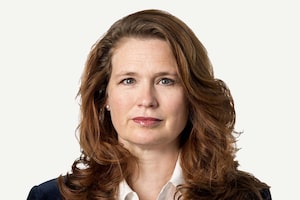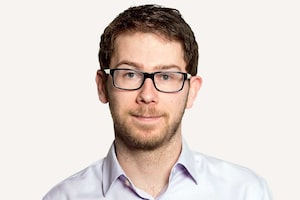Good morning. Wendy Cox in Vancouver this morning.
As of Friday, British Columbians will no longer be required to show proof of vaccination before they enter restaurants and movie theatres, with the province becoming the last to end that measure aimed at containing the spread of COVID-19.
The move, planned for weeks, is going ahead despite rising concern among health officials of a sixth wave of infections.
On Tuesday, Quebec and Prince Edward Island announced they would be keeping their mask mandates in place until the end of the month, as the latest Omicron variant makes more Canadians sick and as hospital admission rates either plateau or creep upward. Masks are no longer widely required anywhere west of Quebec.
Also on Tuesday, the National Advisory Committee on Immunization called for the rapid deployment of a second booster dose for adults 80 and older as well as long-term care residents. British Columbia and Ontario went even further within hours. B.C. will provide a fourth shot to seniors over aged 70, to residents in long-term care homes and to Indigenous people aged 55 and up and those who are considered clinically extremely vulnerable. Ontario announced fourth shots for those over 60.
With all signs pointing to a weary here we-go again, why would B.C. move ahead with eliminating the last pandemic restriction, Provincial Health Officer Bonnie Henry was asked at her first briefing in a month Tuesday. Why not bring back mask requirements? Why cease daily reporting of COVID-19 data in favour of a once-a-week update just at the time when people are being asked to assess their own risk?
Dr. Henry responded that it’s a matter of balance.
“There’s no magic time when there will be zero risk,” she said. “We could keep in place certain things for the next two weeks and the next month, but there still will be no zero risk when we remove those. So we have to find a time where we know we have strong levels of immunity in our community.”
The move to offer fourth doses of vaccine to those whose immunity from the first three shots is most likely to wane is an important move aimed at shoring up those who are most vulnerable, she said. There are no plans currently to offer fourth shots to the wider population.
But she also noted that after “a very traumatic period of two years,” the virus has changed and British Columbians have adapted. “There are very few people at that very high level of risk any more,” she said.
As for fewer data updates, Dr. Henry said weekly average numbers will give people a clearer picture of the level of risk. “What we’re seeing in terms of risk doesn’t change every day. It’s more like climate as opposed to weather.”
But Caroline Colijn, an infectious-disease modeller who teaches mathematics at Simon Fraser University, said the path ahead will be difficult for people trying to make decisions. It is the first time during the pandemic that people cannot rely on mask mandates, vaccination requirements in many venues and reliable case counts through widespread testing.
“At this exact moment, we have the highest uncertainty we’ve ever had in the pandemic,” said Dr. Colijn, who began modelling the transmission of the virus on Canada’s West Coast in February, 2020.
Dr. Henry reiterated Tuesday that all health care professionals in the province – including nurses, massage therapists, midwives and naturopaths – will be required to report their vaccination status in order to practice.
Dr. Henry originally announced that she would make an order requiring all regulated health professionals to be double vaccinated. Those who only had one dose before March 24 needed to get their second shot within 28 to 35 days in order to continue to practice.
But on March 10, Dr. Henry told a news conference that she had been persuaded to change that expansion plan. Instead, she said the requirement was for health practitioners in these fields to report their status. Workers in hospitals and long-term care facilities are required to be fully vaccinated for employment.
“We’re taking a more nuanced, risk-based approach for some, that will mean that you must be vaccinated to practice in certain settings.”
On Tuesday, Dr. Henry said her office is working with the 18 regulated health profession colleges to determine how to ensure patients are able to make choices about their risk in a treatment setting.
“Our team is now actively compiling this aggregated vaccination data by profession. I will be reporting that out by profession, so people will have an understanding of the vaccination levels in different professions in the community,” she said.
“We are also working with the colleges, and will be over the next few weeks and months, to put in place processes based on risk, so that people will have informed consent about whether they want to receive a procedure, or a health care service, from a private practitioner who is vaccinated or not.”
 Wendy Cox
Wendy Cox James Keller
James Keller